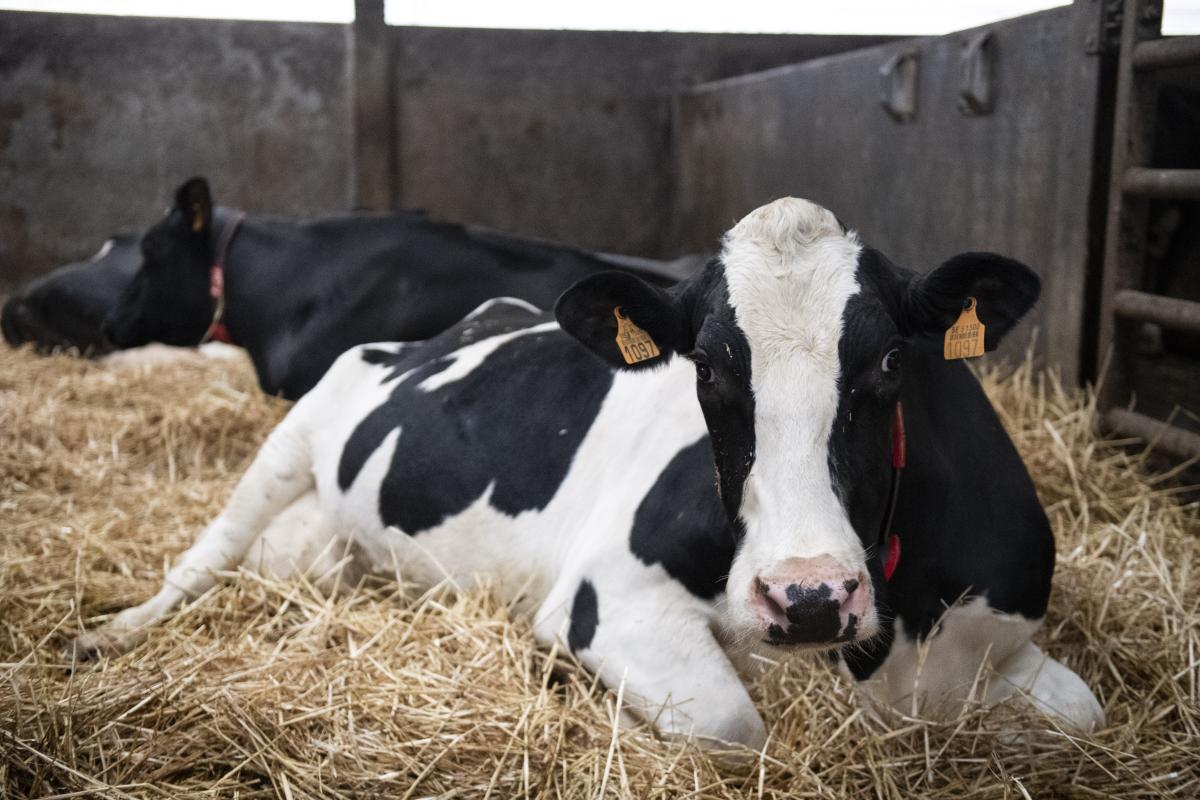Every year, there are an estimated 600 million cases of foodborne illnesses around the world, with around 420 000 people dying after eating contaminated food. Even though the EU has among the highest standards of food safety in the world, the importance of food safety cannot be understated. That is why every year we commemorate World Food Safety Day on this day.
This year’s theme underlines the importance of being prepared for food safety incidents, no matter how mild or severe they are. This concerns situations where there is a potential or confirmed health risk associated with food consumption, resulting from, for example, accidents, inadequate controls, food fraud or natural events.
Food safety is broader than that though. It has a critical role in ensuring that food stays safe at every stage of the food chain – from production to harvest, processing, storage, distribution, all the way to preparation and consumption.
Here in the EU, food safety policy and action also cover the entire food chain and is concentrated in four main areas of protection:
- Food hygiene: food businesses, from farms to restaurants, must comply with EU food law, including those importing food to the EU
- Animal health: sanitary controls and measures for pets, farmed animals and wildlife monitor and manage diseases, and trace the movement of all farm animals
- Plant health: detection and eradication of pests at an early stage prevents spreading and ensures healthy seeds
- Contaminants and residues: monitoring keeps contaminants away from food and animal feed
The General Food Law regulates food safety in the EU. The Farm to Fork Strategy contributes to making food systems fair, healthy and environmentally-friendly.
Overseeing work in this area is the European Food Safety Authority (EFSA), which provides independent risk assessments and scientific advice which inform the EU’s food safety standards. As part of the food safety tools, the Rapid Alert System for Food and Feed (RASFF) ensures the exchange of information between member countries to support swift reaction by food safety authorities in case of risks to public health resulting from the food chain.
For more information



